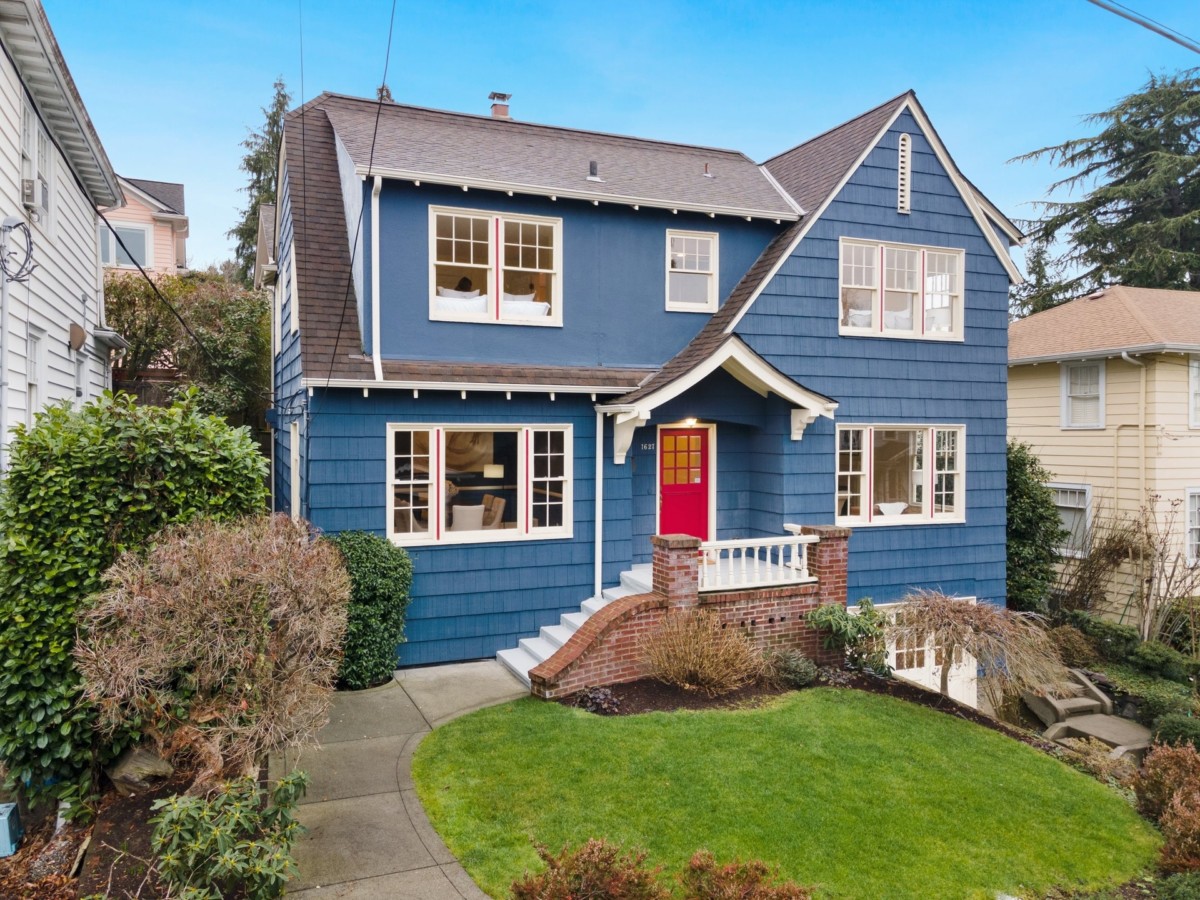
As a renter, you’ve probably heard of “rent-to-own homes” or maybe “rent-to-own programs.” And if you’re looking down the line towards owning your first home, you may be wondering if a rent-to-own home is the right path for you to homeownership. Luckily, rent-to-own homes are just one way to go when buying a home for the first time , but it’s not for everyone. We’ll take you through some of the important details you might consider while you decide whether rent-to-own is the best option for your home buying goals.

Simply put, a rent-to-own home is a residential property that you agree to live in as a rental for a set number of years with the option to purchase the house at the end of the rental term. With most rent-to-own agreements, the renter pays an additional monthly payment that goes toward the down payment. The rent-to-own contract also includes the purchase price of the home. The tenant may also be responsible for specific maintenance or property upkeep.
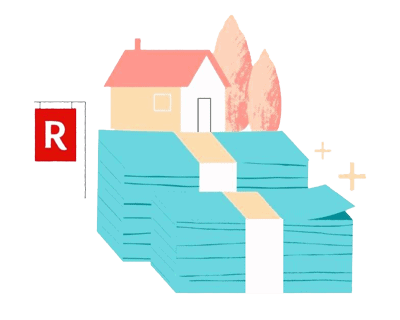

With a rent-to-own home, you will rent your home for a set term and then buy the home, usually with a mortgage, at the end of the lease period. While it may sound like a simple way to homeownership, there’s more to it than simply going from renter to owner. There are fees, negotiable purchase contracts, and other considerations you should keep in mind (and ask about) when considering a rent-to-own option. Here’s a list of things you might encounter when exploring rent-to-own homes:
If you’re interested in purchasing a home through a rent-to-own agreement, it’s good to understand the process. At the beginning of your rental term, you’ll need to pay an option fee. The option fee is typically one to five percent of the home’s purchase price, though there is no standard rate.
For example, if the purchase price for your property is $100,000, you’ll pay $1,000 to $5,000 – sometimes this money is non-refundable – before you ever move in. And you’ll need to pay this alongside your other upfront fees, such as your security deposit. Keep in mind that these fees are often negotiable, so don’t be afraid to offer different options to your landlord or seller.
Another upfront cost you should consider is paying for a home appraisal and home inspection . You might use these data points to evaluate whether the property is in good condition and worth your investment. You can also do a title search, by going through a title company , to ensure there are no extraneous liens on the property and that you’re working with the actual owner of the property deed, and that the property taxes are up to date.
How your contract is structured can have a big impact on your options and obligations as a renter and future homeowner. With a lease-option, you typically reserve the right to walk away from the deal at the end of your rental period. While you might lose the money you put down to secure the option to buy the property, a lease-option agreement might be a good option for renters who want to protect their interests and have an out.
A lease-purchase agreement typically states that you have to purchase the property at the end of the contract, whether or not you still want the property or can secure funding (i.e. a mortgage). If you fail to purchase the property, you can be sued or subjected to other penalties.
No matter what type of rent-to-own agreement you consider, it’s always advisable to have the contract reviewed by a real estate attorney .
Your rent-to-own agreement should include the purchase price of the property. Before you sign the contract, you already know what you’ll spend on the property at the end of the lease term. Most of the time, the purchase price is higher than the home’s current market value. This can be a good thing in real estate markets where prices rise reliably year over year, but it can also be risky.
For example, if the home purchase price ends up being higher than the market value at the end of the lease term, you may not be able to get a mortgage for that amount. Lenders use a property as the collateral for a loan. Know that a lender likely won’t offer a mortgage if a home’s market value is less than the mortgage amount. You’ll need to pay the difference between the market value and the purchase price to get your mortgage.
It would also be good to see what the housing market is doing in your area, noting how prices of homes have typically increased year-over-year on average to help confirm that the purchase price listed in the agreement is accurate. Also, you can look at real estate comps in your area to see how homes have been typically selling: above, below, or at list price. This is just another tool to help you determine if the house has been accurately priced.
Typically, both your monthly rent payments and payments toward your purchase of the home, if any, will be outlined in your rent-to-own agreement. Many agreements allow you to put your option fee— the one to five percent paid upfront— toward your home purchase. Many rent-to-own contracts also charge an additional monthly cost that is set aside to be applied to purchase your home.
For example, if your monthly rent payment is $1,600, where $1,200 goes toward your monthly rent and $400 is set aside or “credited” toward the purchase price of the home. If your rental agreement is for two years, you’ll end up having $10,000 ready to be applied to your purchase at the end of your lease. Your contract should outline where your payments toward purchasing are kept. Ideally, these funds should be held in an escrow account or something similar to ensure they’ll be available to you at the time of purchase. Again, it’s always advisable to have your contract reviewed by a real estate attorney.
Many rent-to-own contracts do not have extensive maintenance requirements, but some may. Renters could be required to cover the cost of replacing a roof for example or repairing other damages that can be large expenses. Most of the time when maintenance is needed, the renter cares for the lawn or other minor household tasks. Just be cautious of any agreement that requires you to take on a large financial burden.
At the end of the rental term you can purchase your property, per the terms of your contract. If your contract is a rent-to-own lease-option, you can choose to walk away from the deal for any reason. You most likely will forfeit your option fee and all or a portion of your payments toward purchasing the home. But, this is often the cost of walking away without any additional obligations.
If your contract is a lease-purchase agreement, you’ll likely have fewer options. The options available to you depend on the contract, which is why it’s so important to have it reviewed by your attorney.
Ideally, you purchase your property just as you would any other property. You get a loan and close on the property. And then you’re a homeowner.
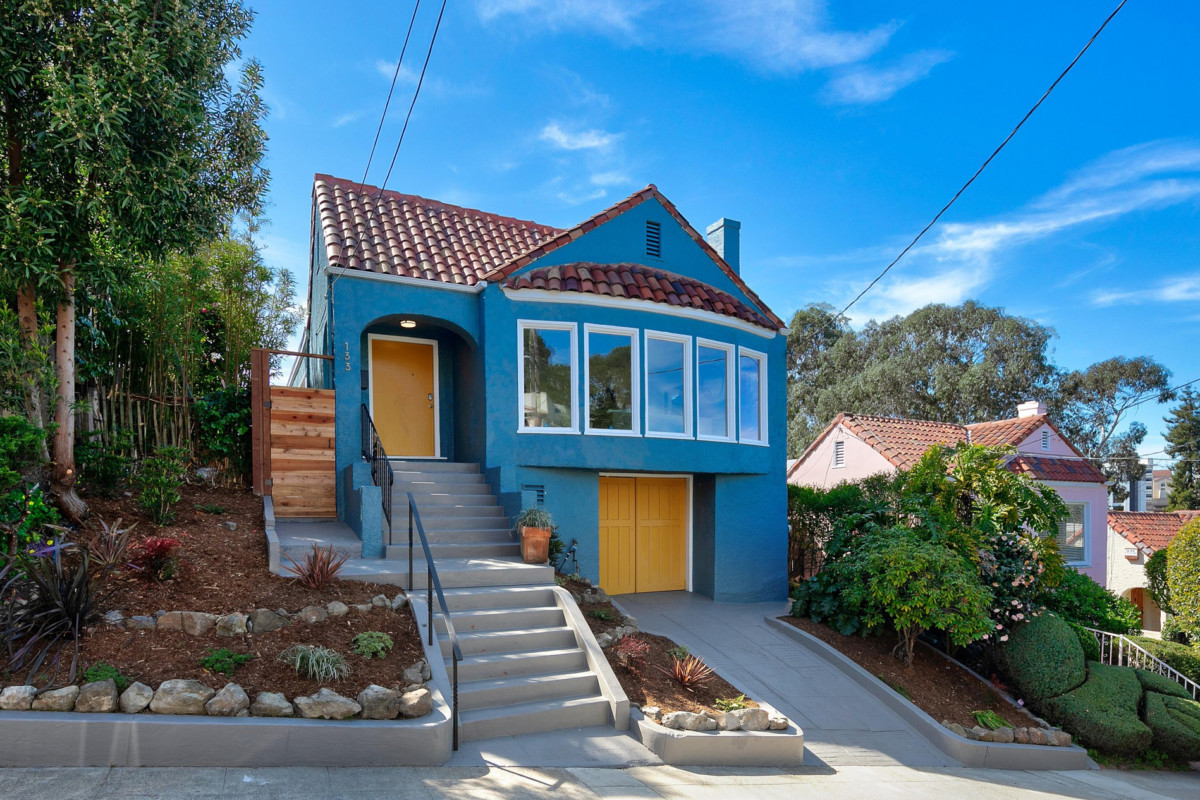
Though a bit unconventional, the rent-to-own process is relatively straightforward. If you’re an experienced renter, the process will feel familiar. But there will be new things to learn and unique considerations to make. Here’s an overview of things you might consider as part of the rent-to-own process:
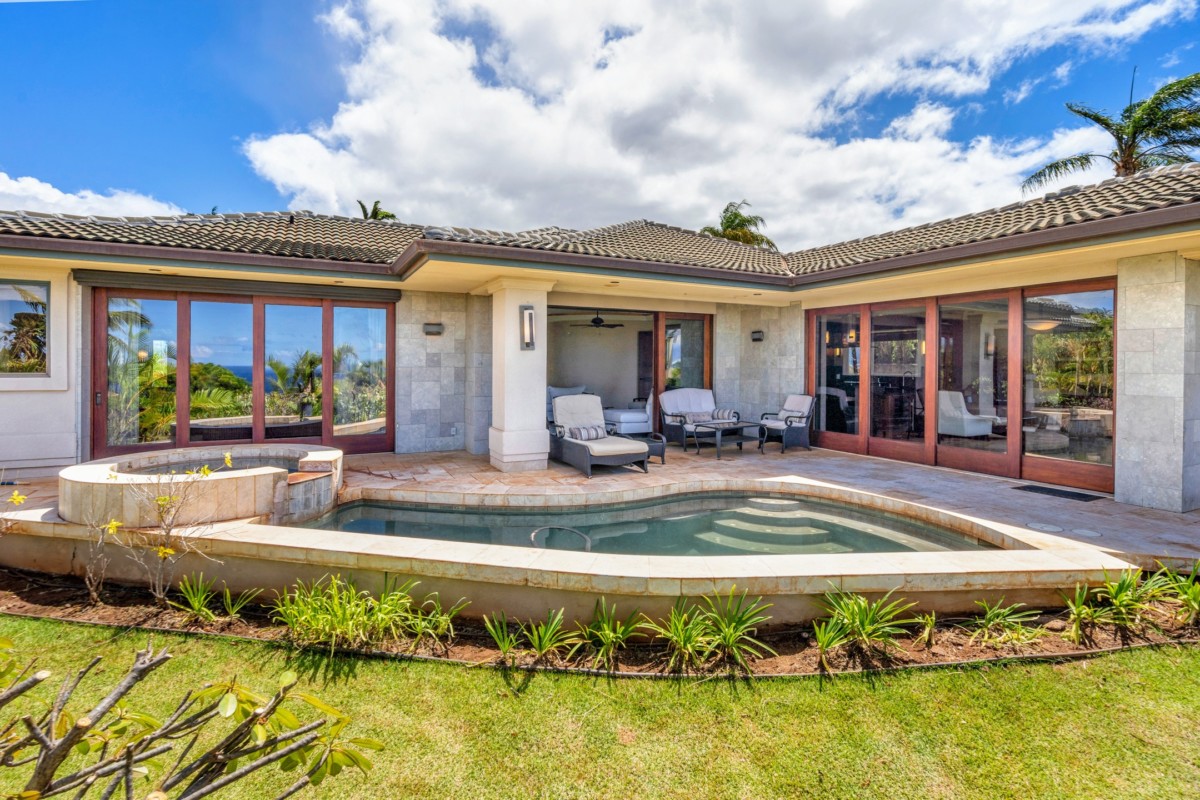
Rent-to-own properties can be a good idea for the right buyer. For people with credit score issues, a rent-to-own home can be a great way to pave the path to purchasing your first home. Some lenders work with rent-to-own buyers to help them repair credit and get into the best financial position to buy the house.
Rent-to-own purchases might also offer renters the option to lock in the home’s sale price while giving them time to build good credit and their down payment funds. When the housing market is moving quickly, the renter-buyer can make plans based on future costs, similar to a homeowner. However, keep in mind that the interest rate is not set in stone.
Another advantage is that the renter-buyer doesn’t have to pay to move into their home. They already live there. They already know their property and neighbors. In some cases, the renter may be able to take on some home improvements that help build equity.
The final advantage is that, so long as the agreement is set up correctly, the renter-buyer can walk away from the deal if the property has issues.
Rent-to-own properties have their disadvantages, and they’re not suitable for everyone. Some past programs have built predatory practices into their contracts, and some are rental scams. That’s why it’s so important to have these contracts reviewed by an attorney.
But even when everything is on the up and up, there are some drawbacks, such as:

Rent-to-own homes can be a landlord’s dream or worst nightmare. On the plus side, a renter/buyer is more likely to be invested in your property. That means they’re more likely to take care of it as if they own it. Rent-to-own agreements also allow you to access a wider market for homebuyers. And, if you’re planning to sell the property, a rent-to-own agreement allows you to continue to earn income with the ability to sell the property easily at a later date.
On the other hand, your renter may choose to walk away from the deal. In some cases, you may not be able to retain any of the extra costs. You’ll need to start the process over, either finding a new renter or trying to sell the property outright. If the real estate market rises faster than you predict, you may also lose out on potentially selling your home for a higher price.
You should also consider that a renter who plans to buy may be more scrupulous about issues to do with the home. For example, an issue with the house that may not be a big deal to a traditional renter may be a big deal to one who plans to buy. You may find yourself on the hook for making repairs that you wouldn’t need to make with a traditional renter.
There are many well-known rent-to-own programs available to prospective renter-buyers. Below are some larger programs, but there may be other programs that are more tailored to your market.
Some common rent-to-own programs include Divvy, Home Partners, and Dream America. Always do your own research and due diligence when choosing a program.
If you’re considering a rent-to-own home, there are some questions you might ask before you sign your contract:
You might also consider asking some of the same questions renters often ask when renting an apartment or home , like if pets are allowed.
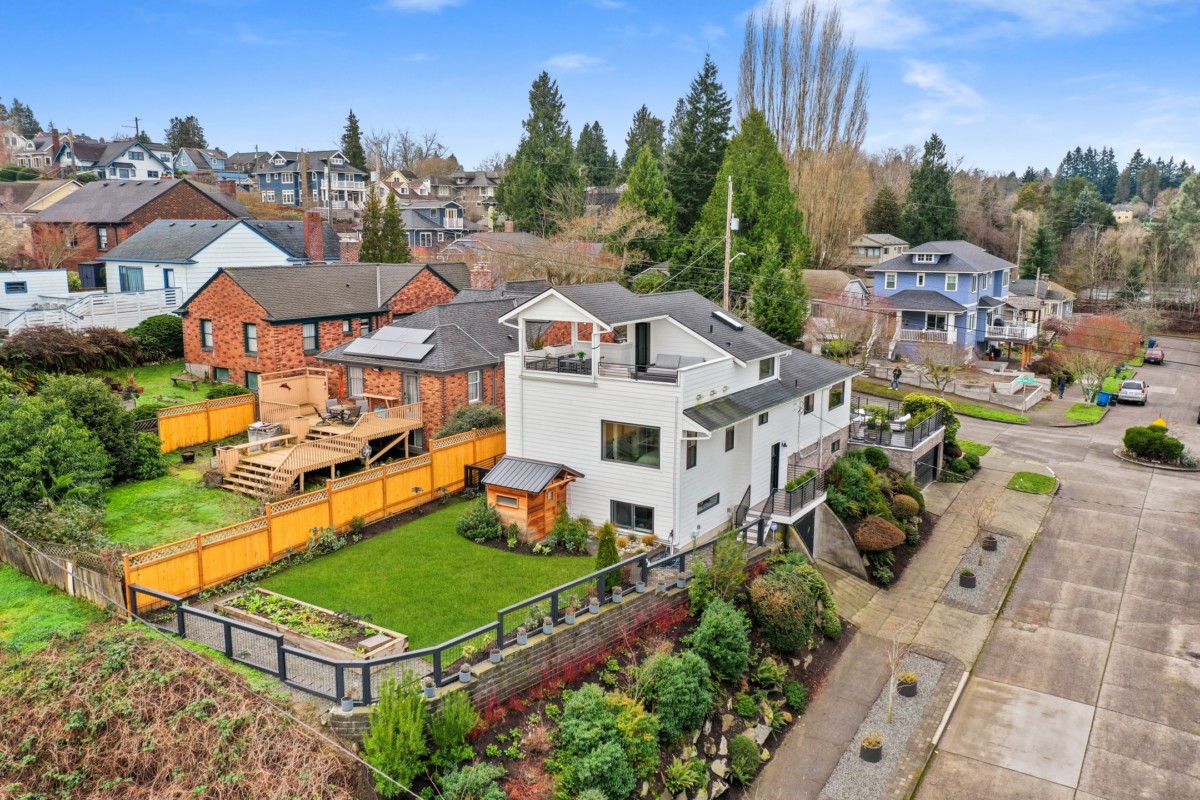
When you buy through a rent-to-own agreement, you’ll typically either be buying from an individual home seller (sometimes an individual real estate investor) or through a real estate investment company. There can be advantages and disadvantages to working with either.
Home seller: When working with an individual, you get the chance to know the seller. The seller will likely be more open to negotiating, and you may find it easier to work with the seller versus a company. But working with an individual can have disadvantages. For example, the individual may be less reliable or the relationship might sour unexpectedly.
Real estate investment company: When working with a company, you get the benefit of a standardized process that you can rely upon. You won’t have to deal with the emotional side of the selling process like you might with an individual seller. But, you’ll find that creative negotiating is less likely with a company.
The ideal candidate for a rent-to-own home is one who is not currently financially prepared to buy or concerned they may not qualify for a mortgage, but also knows exactly where they want to live. Ideally, the candidate has credit adequate to qualify for at least a Federal Housing Administration (FHA) home loan . You should also have a solid employment history.
You should plan to live in your rent-to-own home for the rental term. It’s common to live in your home once you purchase it for at least three years, or for however long it takes to build up enough equity so that when you sell your home, you either have broken even or made money.
Redfin does not provide legal advice. The content of this article is intended to convey general information only and not to provide legal advice or opinions. Please contact an attorney for advice on specific legal issues.
If you are represented by an agent, this is not a solicitation of your business. This article is for informational purposes only, and is not a substitute for professional advice from a medical provider, licensed attorney, financial advisor, or tax professional. Consumers should independently verify any agency or service mentioned will meet their needs. Learn more about our Editorial Guidelines here.

Alison is part of the Content Marketing team as a Content Marketing Specialist. In her 4 years at Redfin, Alison has written a variety of articles ranging from home design tips to housing affordability. A California-native, Alison currently resides in Seattle where you can find her catching a concert or exploring farmers’ markets. Her dream home is a cottage-style house with a chef’s kitchen and a cozy room to store and play vinyl records.